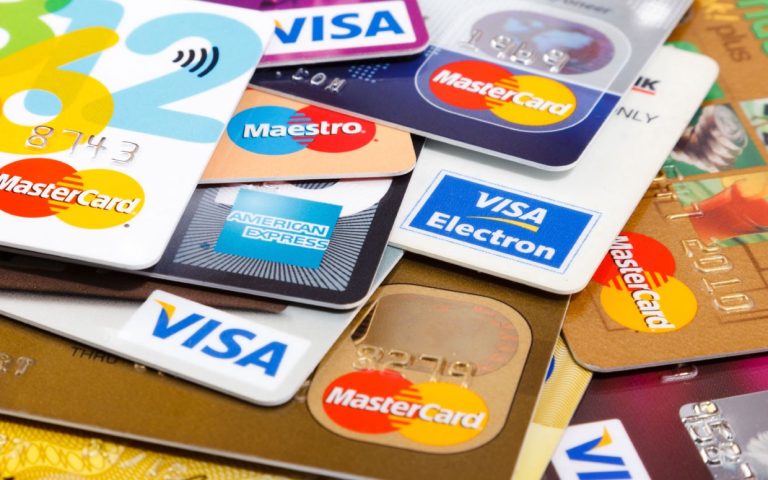A credit card is a great way to establish your financial identity and build your credit history. If you have never had a credit card before and are 18 years old or older, check out this guide for tips on getting started!
Why must you establish credit early?
There are, of course, credit card age limits. According to professionals at SoFi, “to open your own credit card, you must be at least 18 years old.”
One of the reasons why you should get a credit card at 18 is that it’s a great way to establish good credit. Ever heard of the phrase “a good credit score can open doors, while a bad one can close them?” When it comes to borrowing money and getting approved for loans, having an established history of responsible repayment will help you get better terms on those big purchases like buying a house or car.
Additionally, a credit card can also teach you about budgeting and saving for things like vacations or college tuition. This may seem trivial now, but when you’re older and have kids in college who need financial support from time to time (and if they don’t have their own income), then having a solid line of communication with your bank will be invaluable!
How building good credit now will assist in building your future?
People with good credit tend to be more responsible with their finances. They are less likely to fall behind on payments and more likely to pay off their balances in full, which means lower interest charges.
That’s why it is important for young people who have no credit history or a thin one to begin building up a score right away by applying for cards at the right time and making sure they always pay their bills on time and in full. A good credit score can also help you get a job, as many companies will check your credit history before they hire you.
How old do you have to be to get a credit card?
To be eligible for a credit card, you need to be at least 18 years old. There is no age minimum for being added as an authorized user on someone else’s account, but if your child is under the age of 13, they will not be able to apply for their own card.
How can you responsibly manage your credit card?
How can you responsibly manage your credit card?
Pay on time. If you pay late, even by a few days, it will seriously impact your credit score. Avoid this at all costs!
Keep your balance low. Keeping a high balance on your credit card can be more expensive than paying off the entire balance each month—even if you’re only paying the minimum amount due. The interest rate on that money is high, and it adds up fast!
Stay within the limit of what you are allowed to charge with each purchase to avoid overspending and racking up more debt than necessary. This also helps keep your monthly payments manageable so that they don’t become overwhelming for young people who may not have much income yet (or at all).
Do not apply for more than one new card until yours has been paid off in full—and then only do so if you’ve already paid off other cards as well (or have been saving enough money before applying). This ensures that there aren’t any surprises when applying, like having a bad credit history or being turned down altogether because of lack thereof. Don’t go overboard either: just stick with one or two cards at most before trying out others later down the line when needed/desired; otherwise, this could lead to trouble too!
It’s time to get your first credit card! Congratulations, you’re now well-equipped with the knowledge of how to manage your credit card responsibly. Now that we’ve covered all the basics, it’s time for you to take action and apply for a card that fits your needs best.

